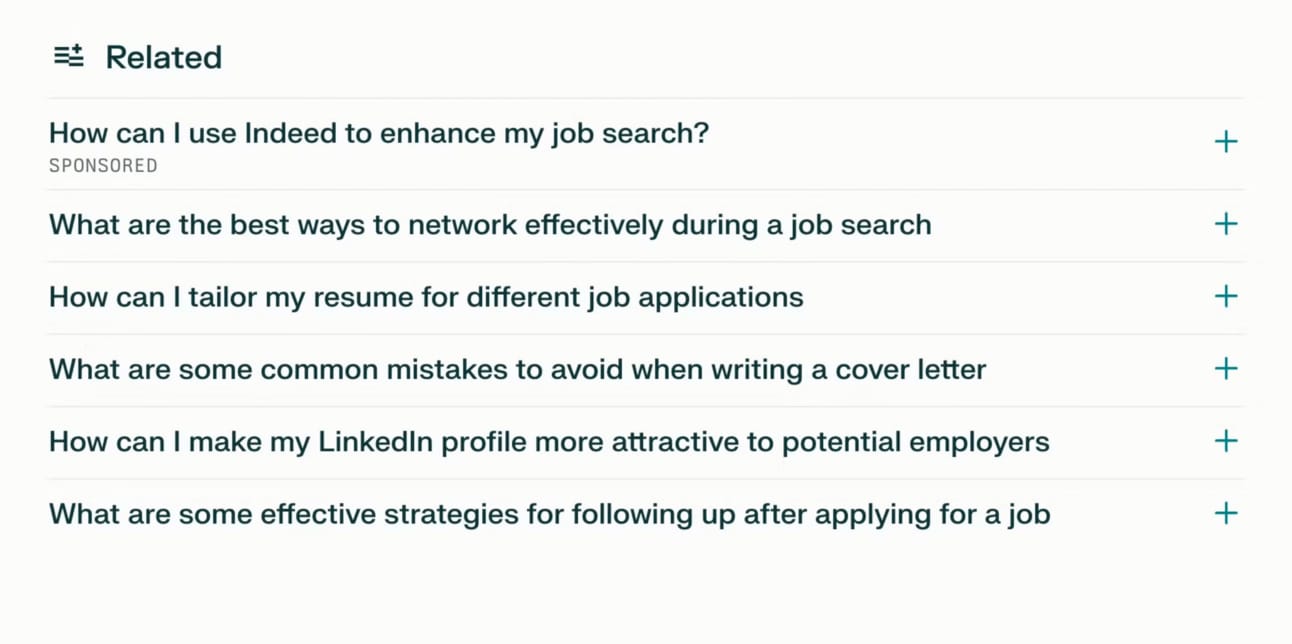- The Backlog
- Posts
- Can Perplexity make ads work?
Can Perplexity make ads work?
The AI search engine takes a bold first step

Perplexity ‘Sponsored question’ / perplexity.com
They're certainly going to give it a crack, and for (at least) one good reason: Perplexity is reportedly raising $500 million at a $9 billion valuation. That's billions of reasons to ramp up monetisation efforts.
This is exciting for the AI industry. Ever since ChatGPT started literally dominating all of the internet, business, and pub conversations, the one looming concern has always been monetisation.
Yes, AI is great and, yes, it looks cool. But can the Perplexity, OpenAI, and Anthropic of the world really make money?
Perplexity give the ol' revenue model a try
We take an old model, slap it onto new technology, and see what happens:
Perplexity is launching 'Sponsored follow-up questions'. After a user asks a question, a list of suggested follow-up questions pops up below the answer. The top suggestion is an available ad spot.
These ads are only visible in the US.
A few brands have already opted in, including Indeed, Whole Foods, and PMG.

Perplexity ‘Sponsored question’ / perplexity.com
The burning question is...
...if brands pay to sponsor these questions, what about the answer? An AI-generated answer to a sponsored question may create awkward scenarios.
Perplexity assure they're not going to write or edit answers: "These ads will not change our commitment to maintaining a trusted service that provides you with direct, unbiased answers to your questions."
A step towards solving an industry-wide product challenge
For all its innovative goodness, AI has yet to find a revenue model that makes sense.
OpenAI is burning ~$5 billion a year (though projected to generate $11.6 billion in 2025, so all good in the hood).
Anthropic will burn $2.7 billion this year.
Estimating the burn rate of AI inside larger companies like Amazon and Google gets trickier, but safe to say it's also in the billions per year.
Yet, so far, most of the products created have no revenue model. For example, Meta recently released Movie Gen, their generative video product and proudly announced having "no product plan" behind it.
Perplexity's attempt to monetise its AI search is worth keeping an eye on. They could lead the way to translating the old advertising model to a new technology, paving the way for other AI services. Or their sponsored questions could return insane hallucinations and get them into (even more) legal trouble. Coin flip.